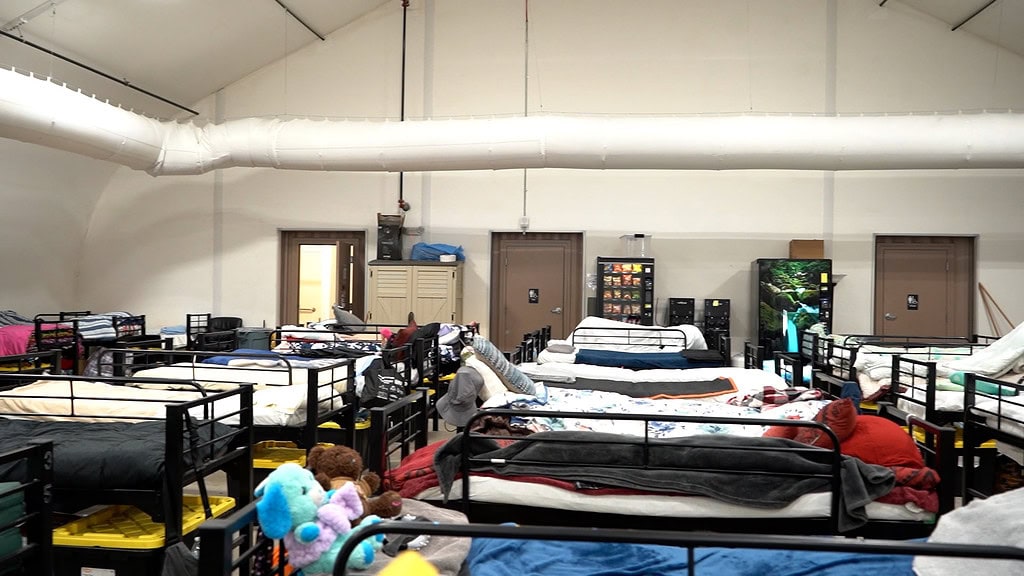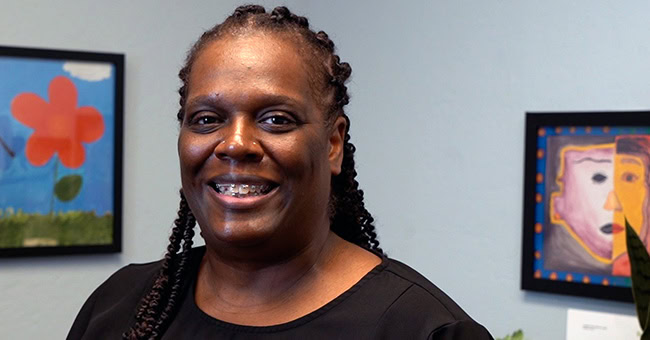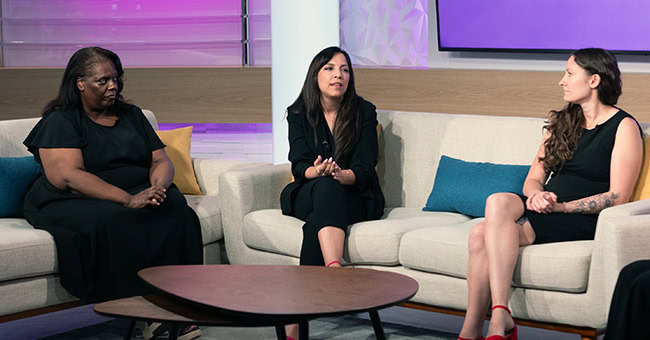PHOENIX (STN) – With almost twice as many people entering homelessness in Arizona than exiting, the critical shortage of shelter beds continues to pose a growing challenge. While the agencies working on the issue have seen funding cuts, their commitment to finding solutions has only strengthened.
Last month, leaders from Keys to Change, Central Arizona Shelter Services (CASS), and St. Vincent de Paul came together to discuss the urgent need for increased shelter capacity and how true collaboration can drive change.
“Currently, we have roughly 4,500 emergency shelter and transitional housing beds active,” said Richard Crews, Director of Strategic Impact at Keys to Change. “But when we look ahead, we’re still facing a shortfall of about 750 beds.”
Nathan Smith, CEO of Central Arizona Shelter Services (CASS), emphasized that addressing homelessness is not just about adding beds but about meeting the specific needs of diverse populations.
“We need a variety of shelter for youth, for single individuals, for men, women, for families, for seniors,” Smith said. “Because that’s who we have experiencing homelessness, and their needs are different.”
Addressing shelter shortage with collaboration over competition
Jessica Berg, Chief Program Officer at St. Vincent de Paul, reinforced the importance of honest conversations between agencies.
“If we’re not taking our ego out of it, if we’re not being honest about what our capacity is, we’re just going to keep spinning our wheels,” she said. “As a society, we haven’t figured out how to solve this problem yet, and the only way we can do it is to come together.”
That spirit of collaboration is what leaders hope will shift the trajectory of homelessness in Arizona.
“Sitting like this together and talking about a goal that we can all work on creates shared accountability for the first time,” said Amy Schwabenlender, CEO of Keys to Change.
Crews stressed that collaboration cannot be limited to service providers but must also involve community support.
“This is providers organizing together,” he concluded. “I would invite funders, partners. Don’t just watch it. Walk alongside the journey with us and see how we can make change together.”































